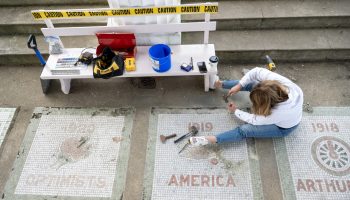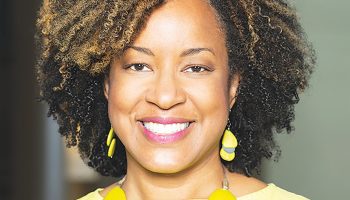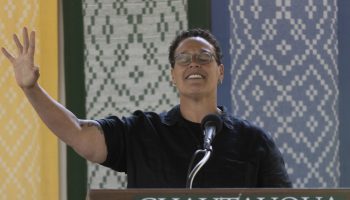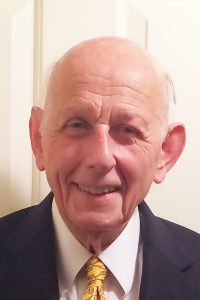
In an age of instant communication and news updates, it can feel impossible to disconnect for five minutes — let alone an entire day. But in the Jewish faith, observing the Sabbath day of rest is a sacred tradition meant to strengthen one’s connection with God.
At 2 p.m. on Monday, July 9 in the Hall of Philosophy, Rabbi Samuel M. Stahl and Rabbi Zalman Vilenkin will deliver a joint lecture on the importance of the Sabbath as part of the Week Three interfaith theme, “The Spirituality of Play.” Stahl’s portion of the lecture is titled “Sabbath: A Foretaste of Utopia” and Vilenkin’s is titled “Sabbath: A Gift of Rest.”
The Sabbath, also called Shabbat, is a full 24 hours of rest where acts of labor are forbidden. Vilenkin said labor is defined as a creative process that has a “transformative action,” like lighting a match to ignite a fire.
“Restrictions are really to create a space in which you can experience the holiness of Shabbat, so there’s no distractions,” Vilenkin said.
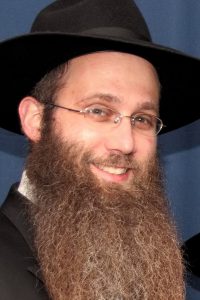
Some Jewish denominations strictly forbid all labor, like Orthodox Judaism, which Vilenkin practices. Reform Judaism, which Stahl practices, is less precise in its observance.
“What I like about this format is that we are going to model, hopefully, how rabbis of different orientations to Jewish practice and belief can get together and talk,” he said.
Stahl first came to Chautauqua in 1998. He served as theologian-in-residence in 2003 and now spends his summers at the Institution. As Rabbi Emeritus of Temple Beth‑El in San Antonio, Texas, he now spends the winter months advocating for interfaith work.
His lecture will focus on recognizing the Sabbath as an example of pure serenity.
“The Sabbath is considered to be a foretaste, an introduction to the perfect age of the future when there will be peace, love and harmony among all peoples,” he said. “Wars will be over, and there will be no more bloodshed, no more strife. That’s what we call the Messianic Age.”
As a follower of Reform Judaism, Stahl said the Sabbath is a reflective time to focus on maintaining peace. In the modern world, this can be translated into social justice work.
“We place our big emphasis on social justice,” he said. “That’s the real important part of Reform Judaism. We emphasize that a great deal, and that’s why we say the Sabbath, in its essence, is to remind us of the future goal of the Messianic Age, when everything will be a time of social justice.”
Like Stahl, Vilenkin is a longtime Chautauquan. He serves as executive director and spiritual leader of Chabad Lubavitch of Chautauqua and in the off-season teaches Jewish philosophy and Kabbalah at the United Talmudical Seminary in Brooklyn.
Vilenkin will discuss finding meaning through both work and play by appreciating the spiritual nature of the Sabbath. During the work week, Vilenkin said, God conceals himself and gives believers the free will to make choices.
“The privilege of free will carries the responsibility of free will, which is to make the right choices,” he said. “And ultimately the right choice is to discover God within reality and the only way to do that is to work, to engage with the world and to bring that holiness and divinity into the world.”
By providing a full day of rest, God gifts the world with an opportunity to experience a divine connection.
“Shabbat is an elevated creation because God creates the world by revealing himself,” he said. “That’s why we don’t do any work on Shabbat, because there’s no need for it. The whole purpose of work is to discover God, but on Shabbat, God is already discovered.”
The rabbis hope the combination of lectures will enlighten Chautauquans about the meaning of the Jewish Sabbath for different denominations, as well as its overall purpose in uniting believers with God.


